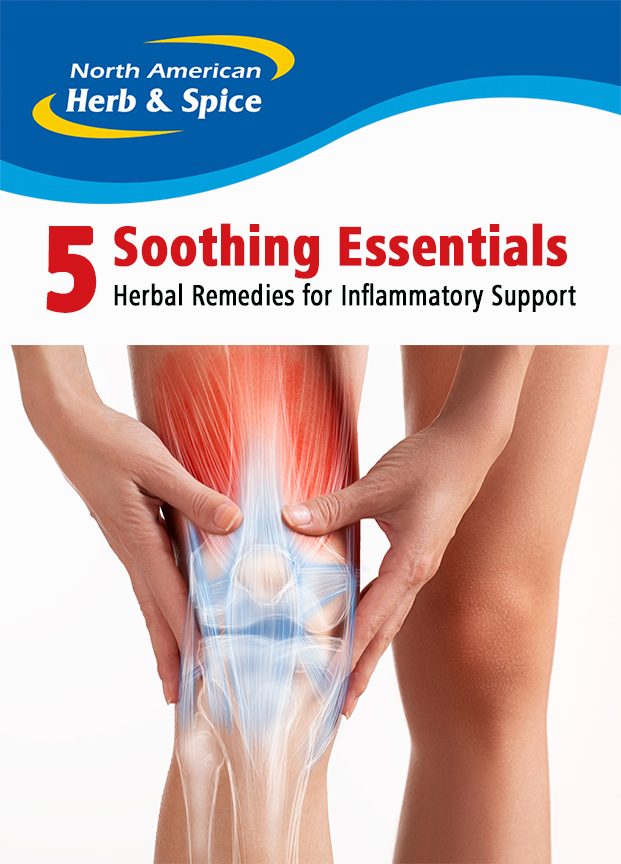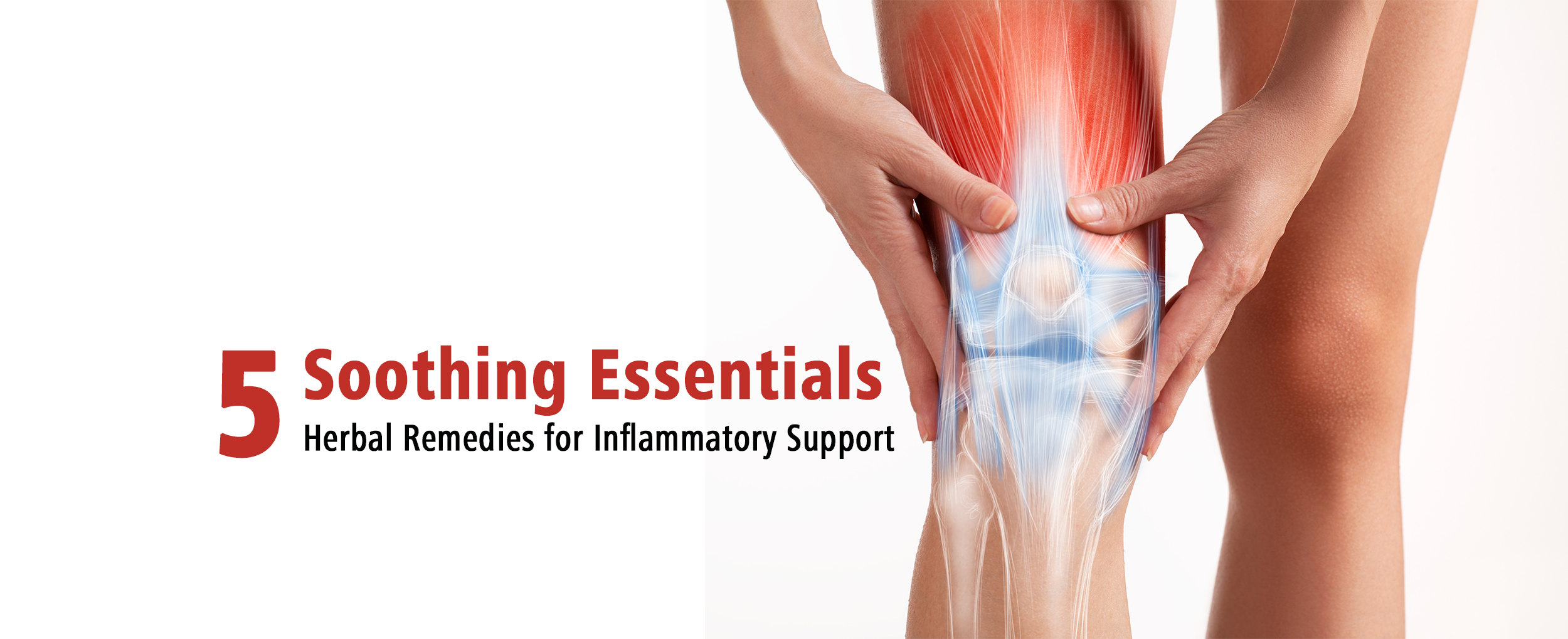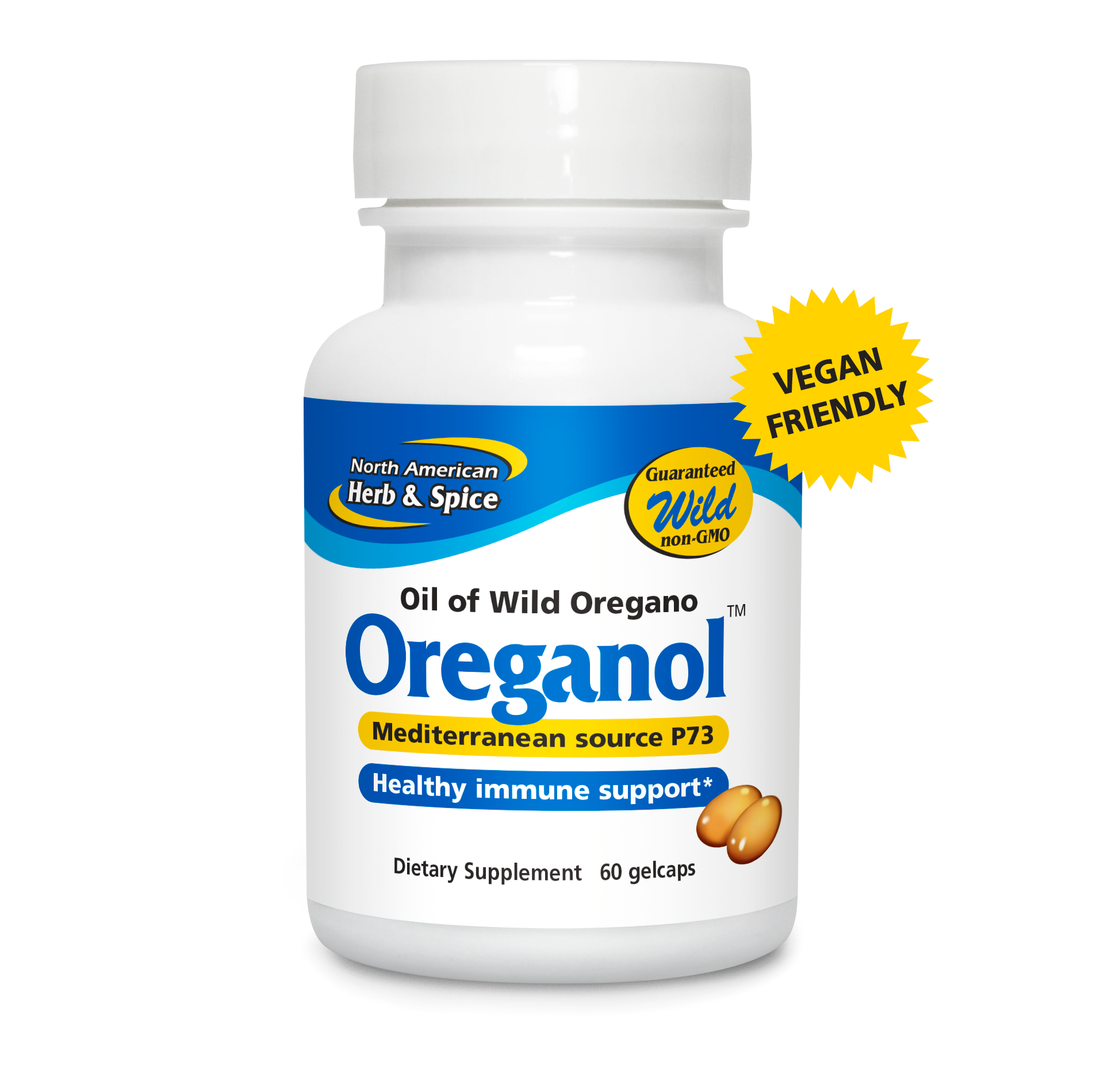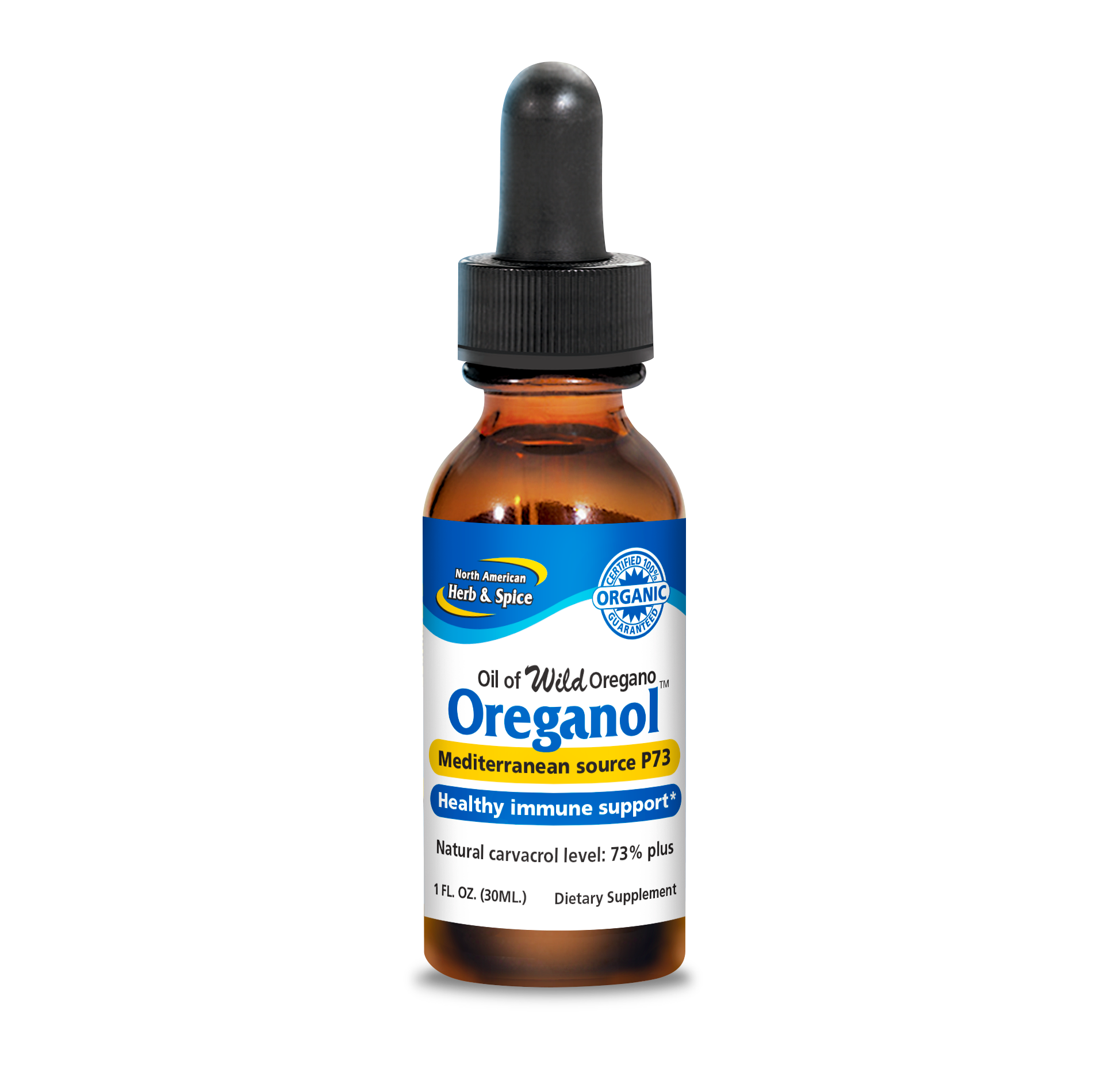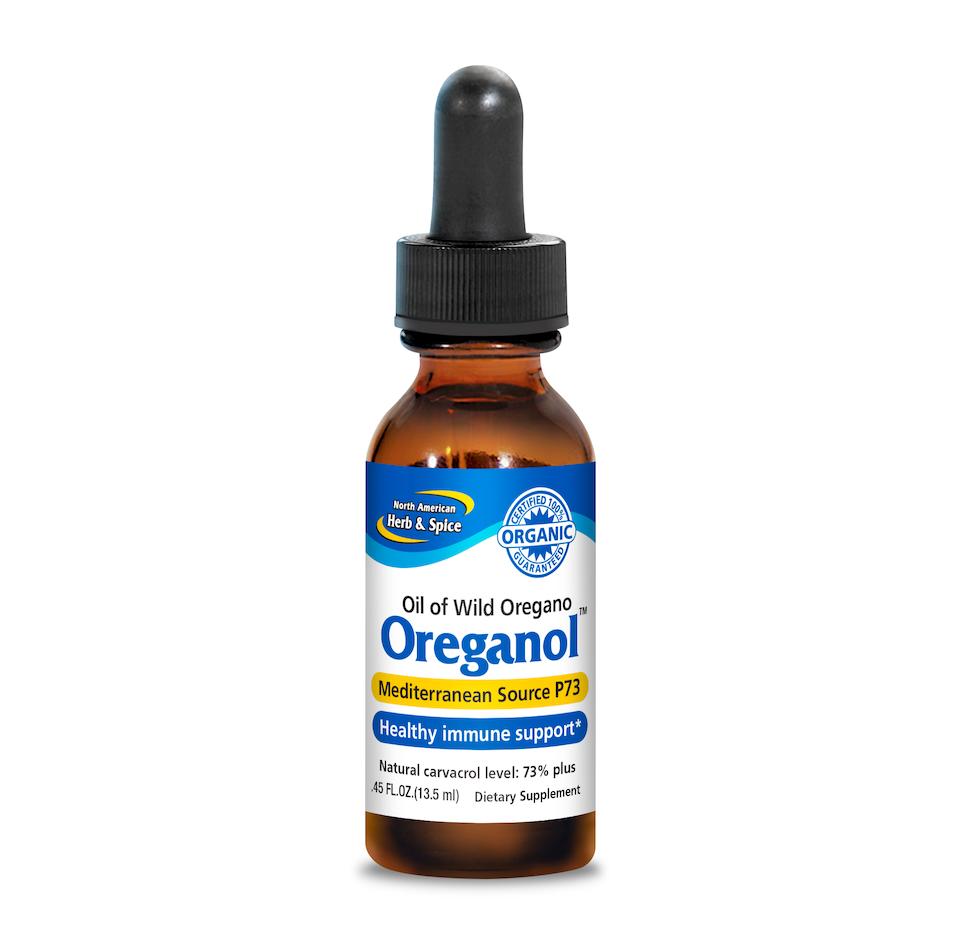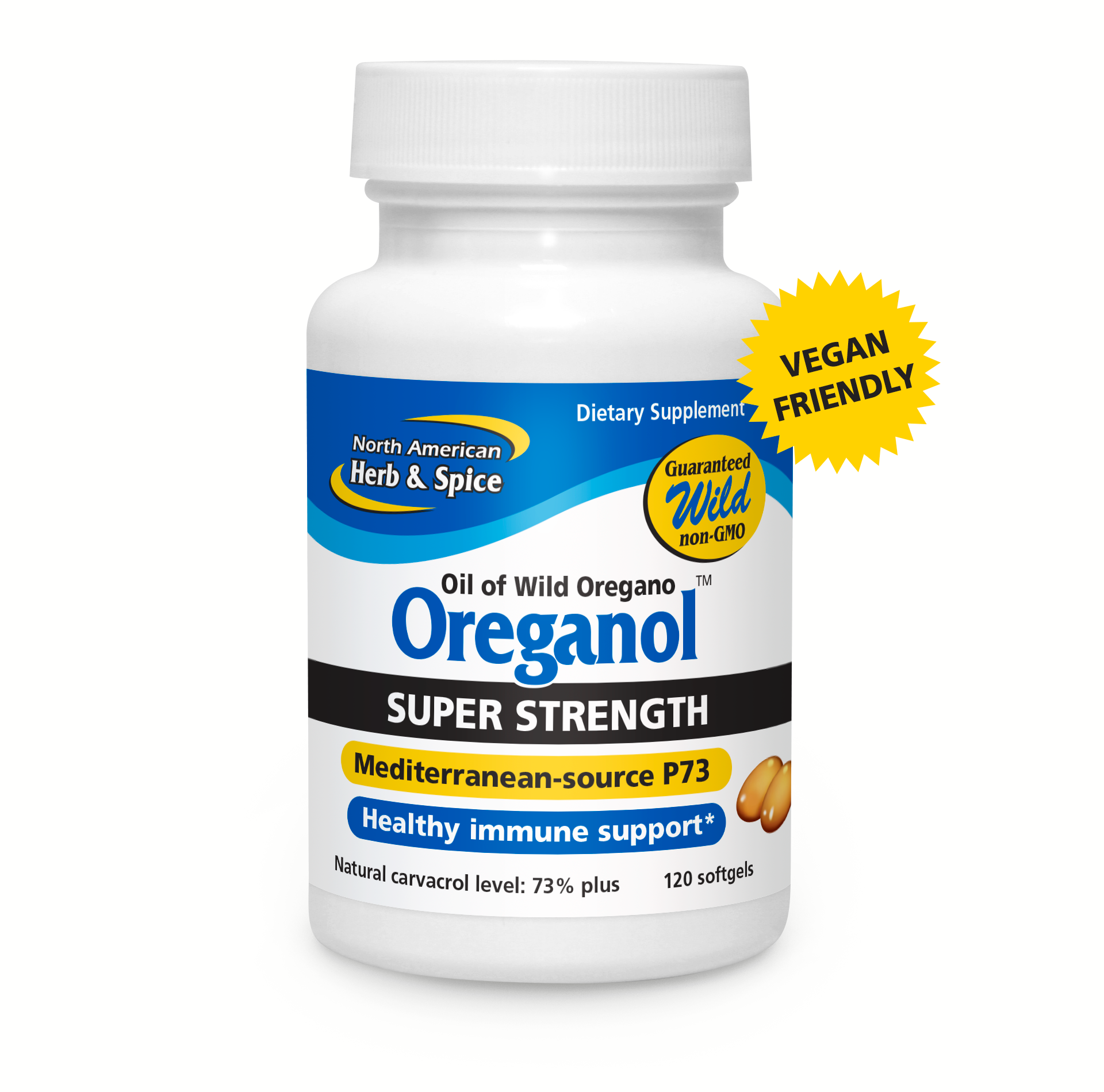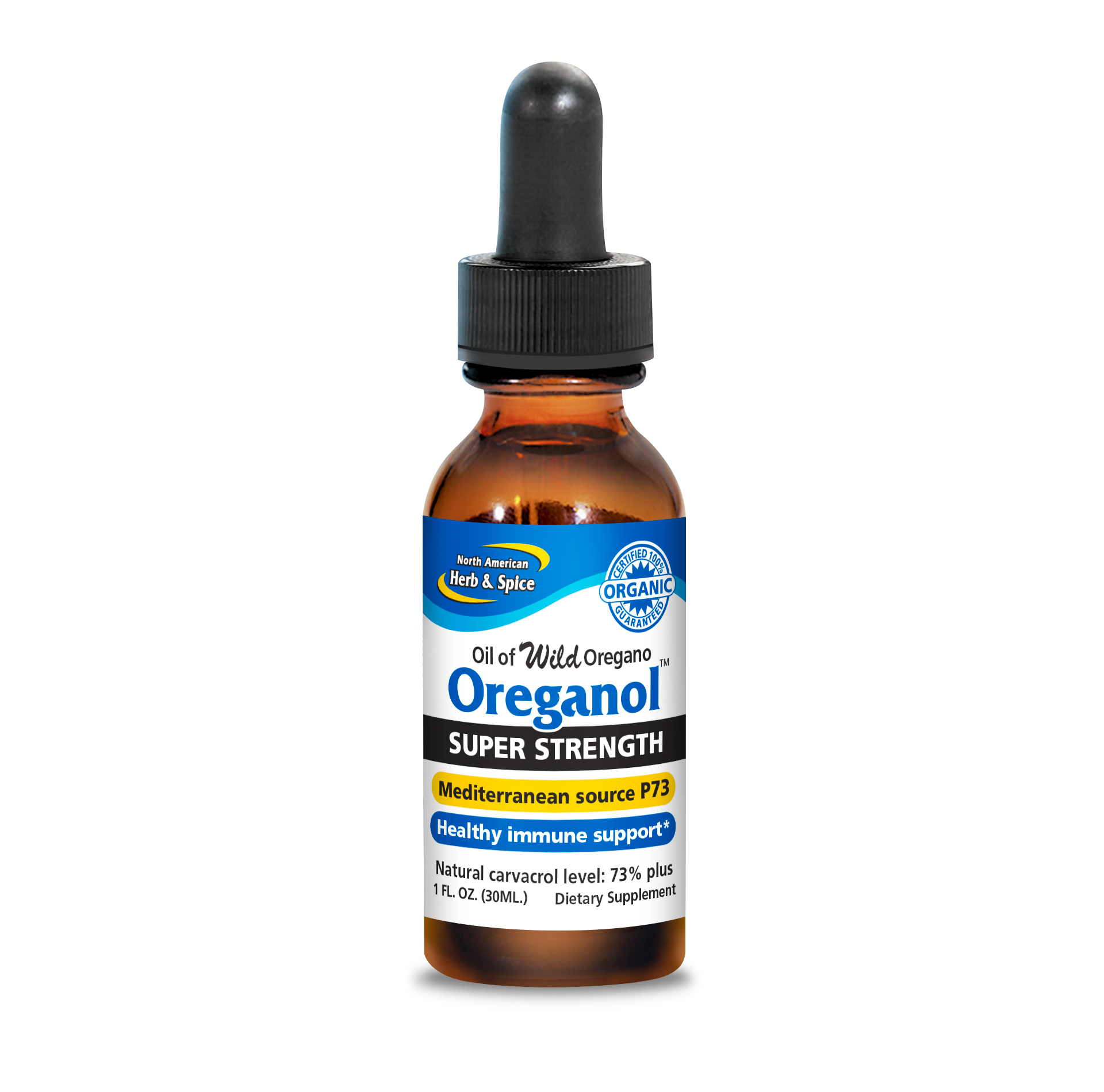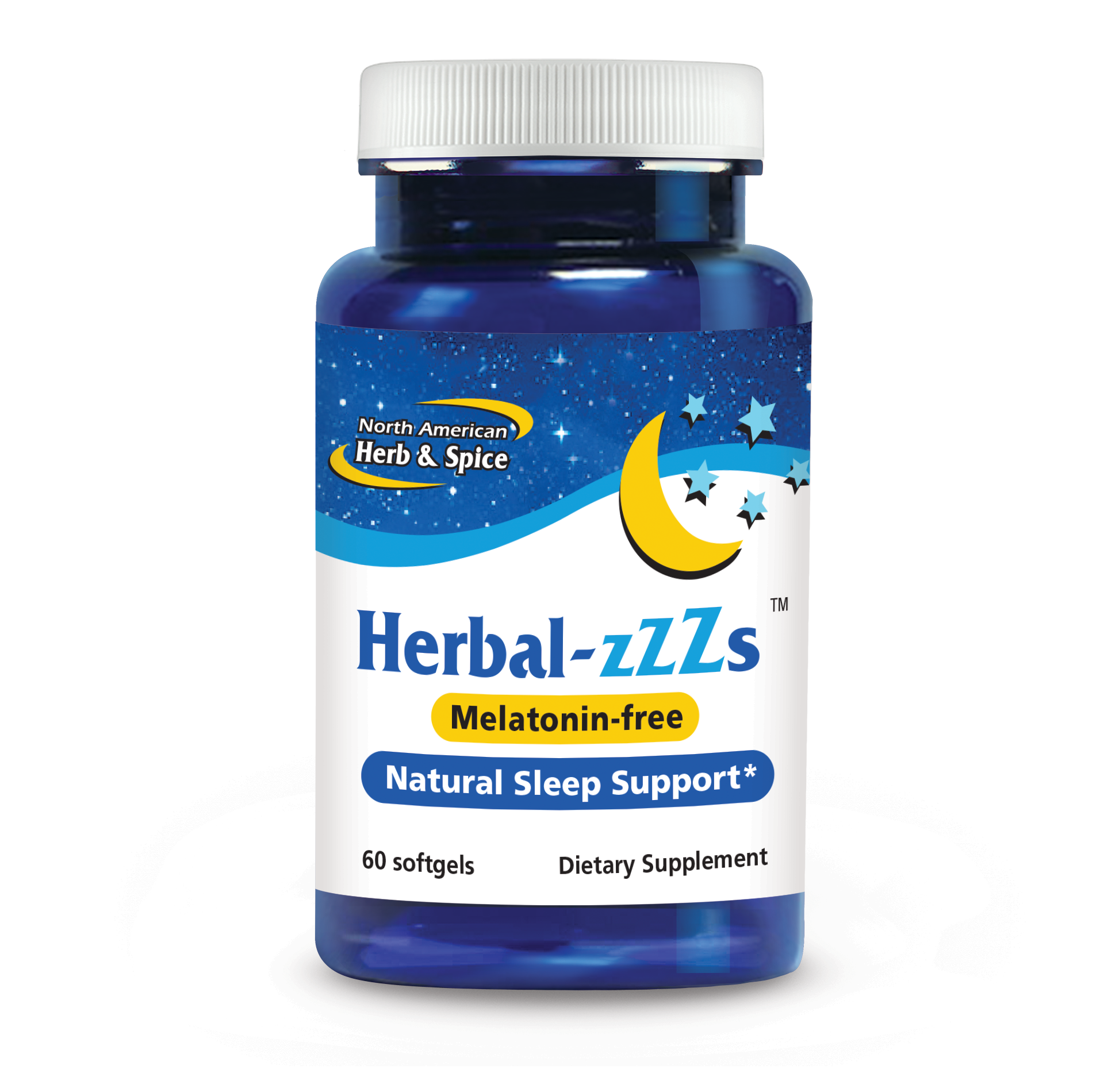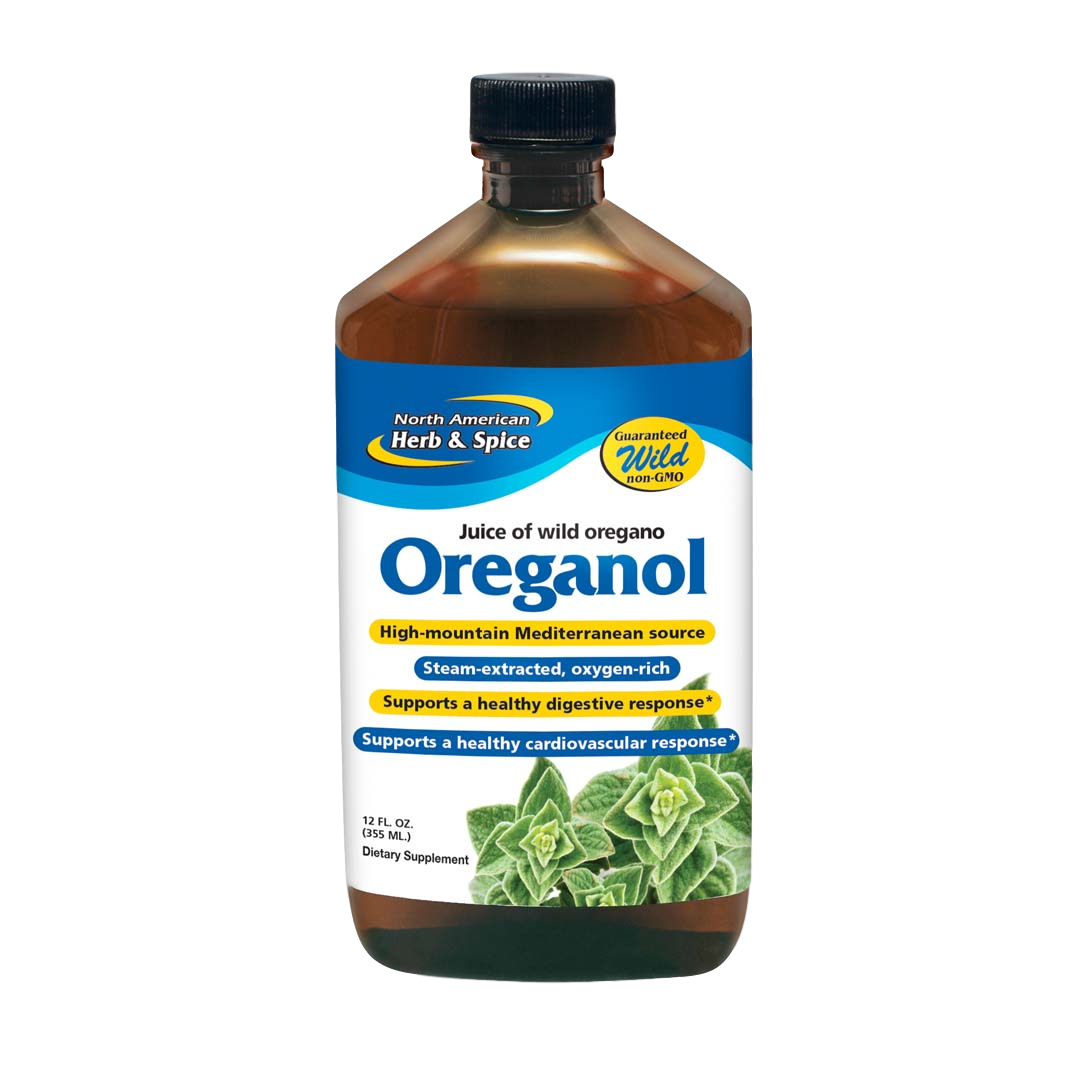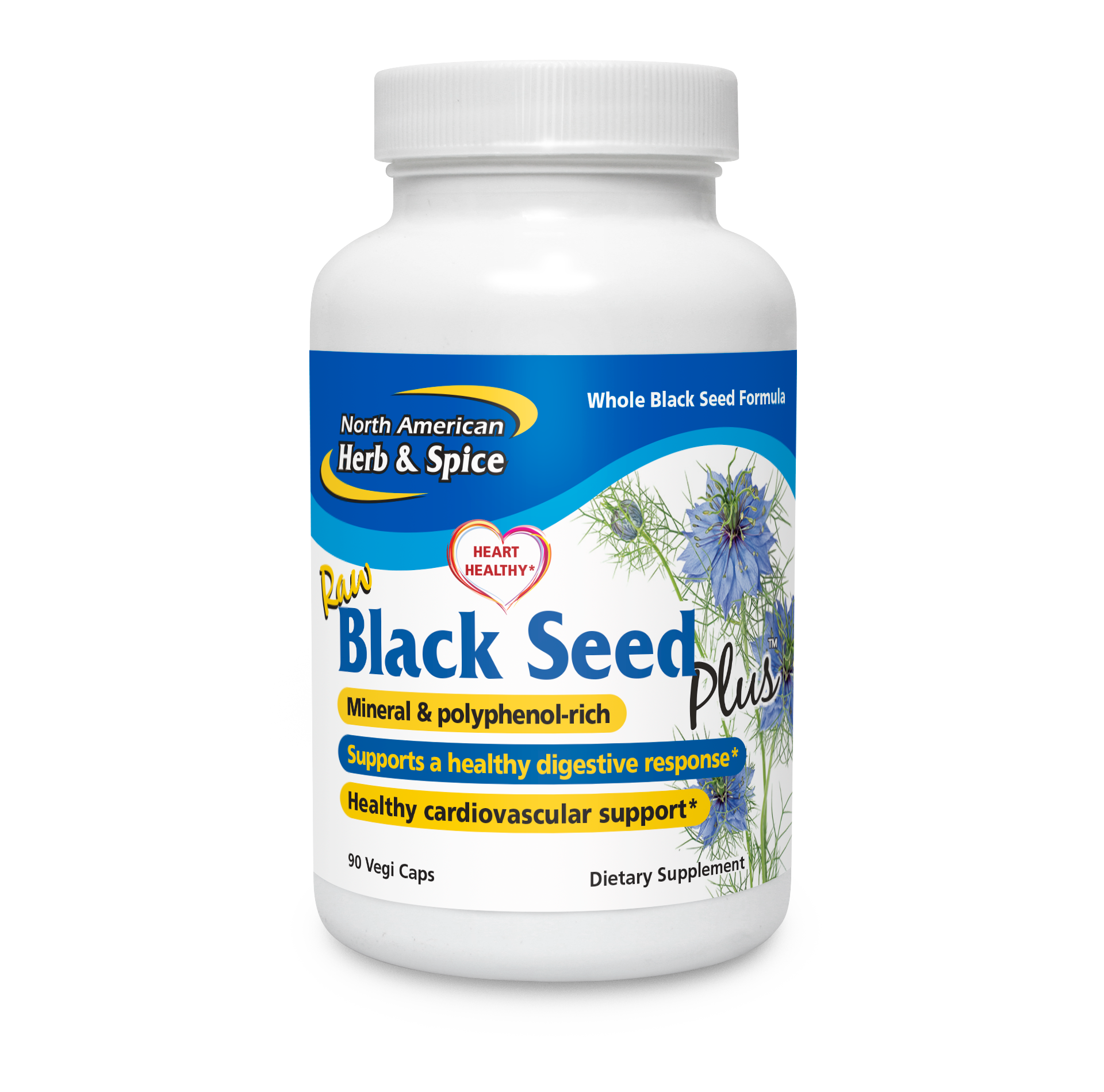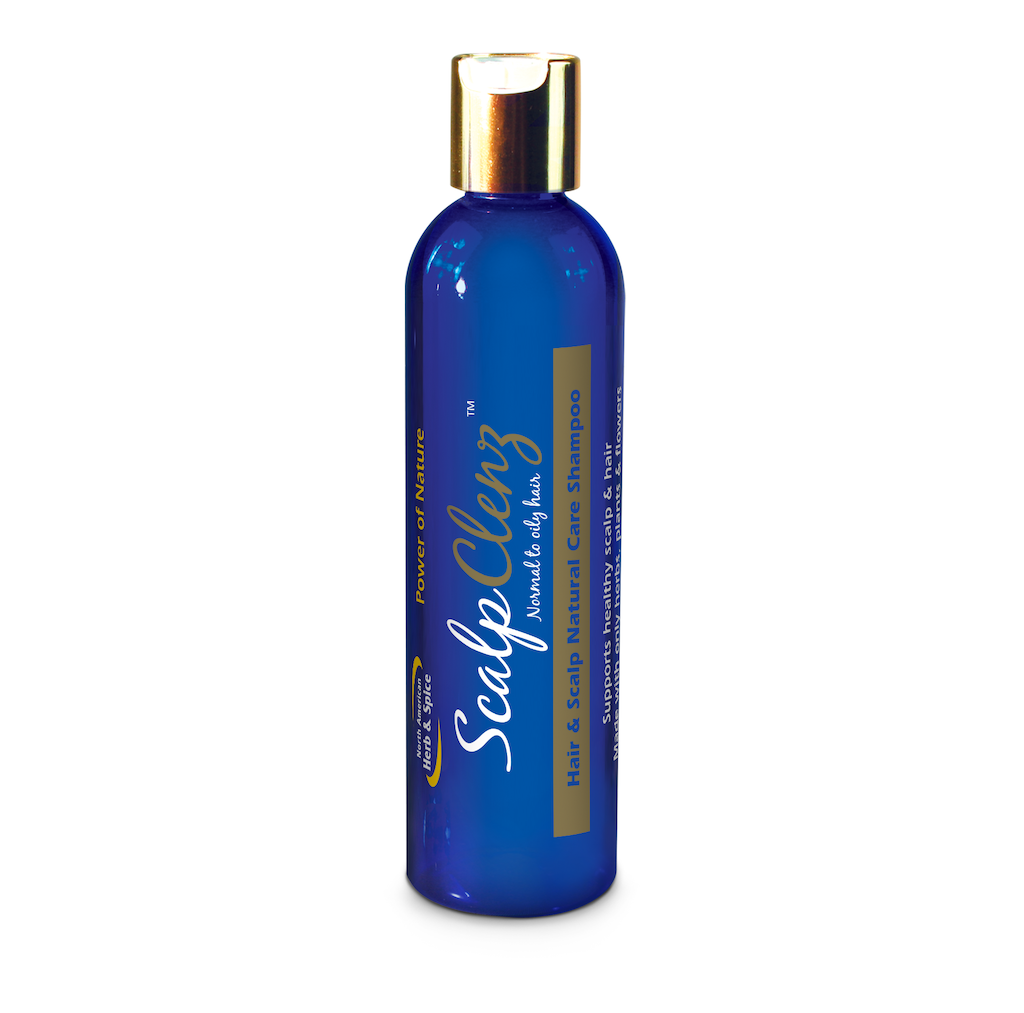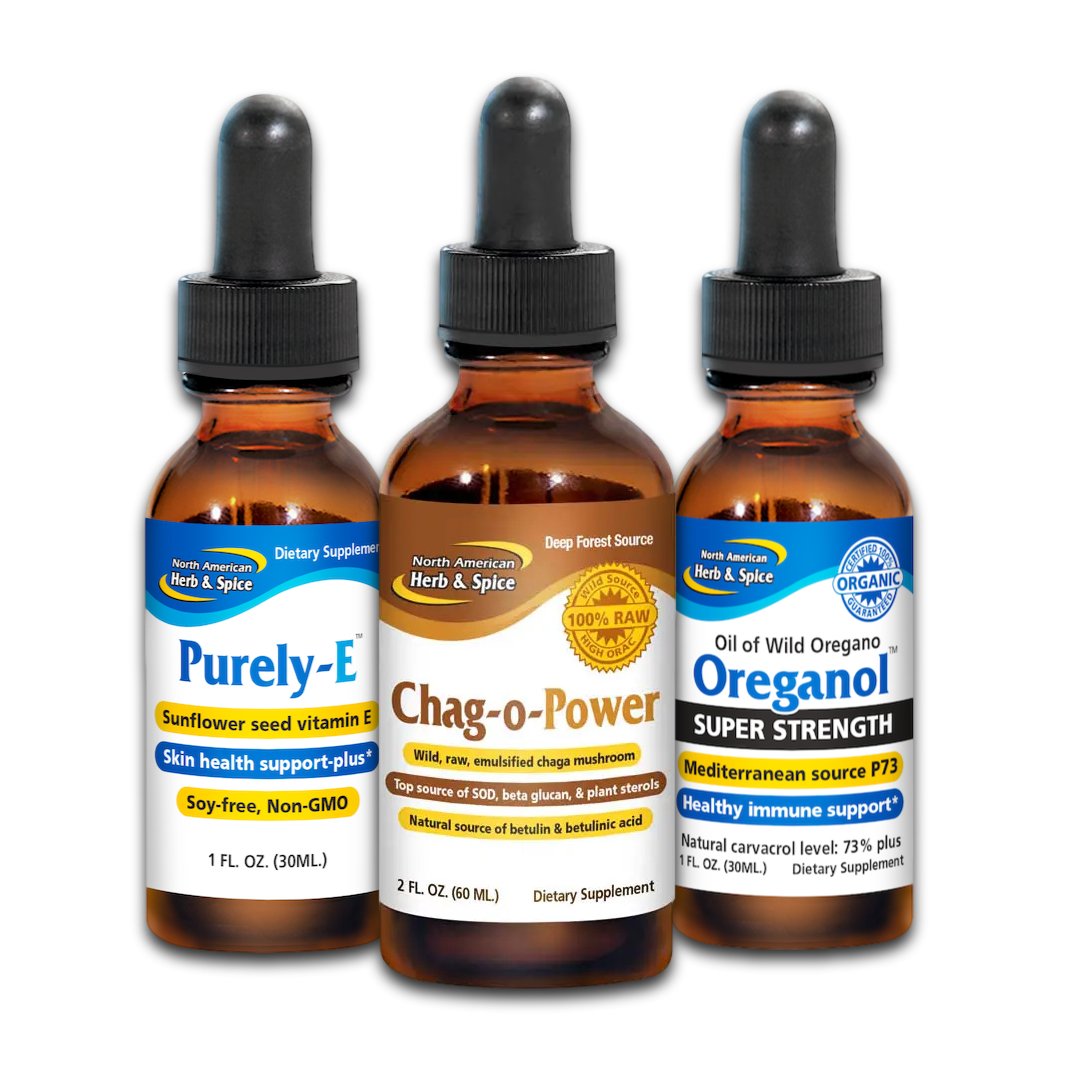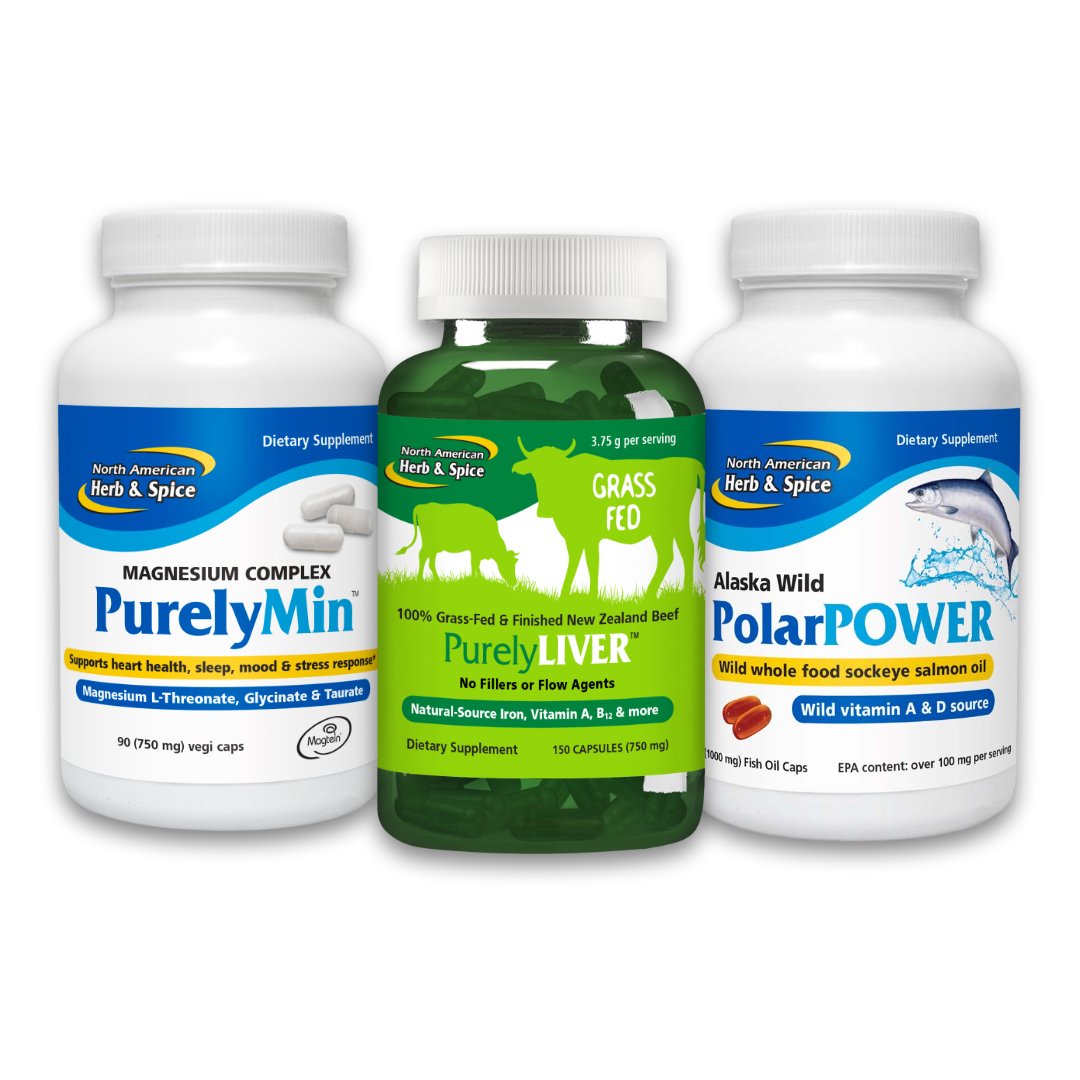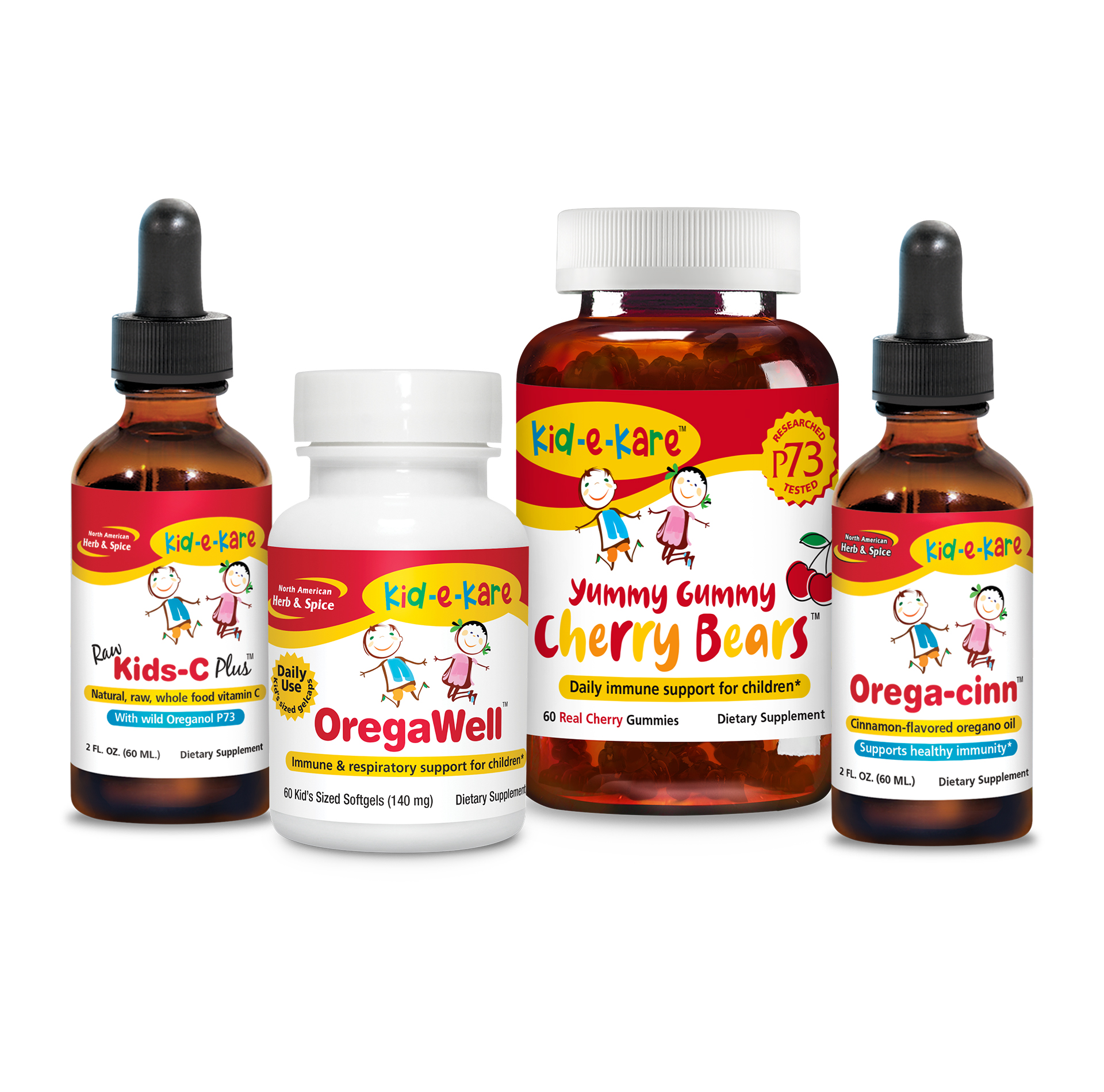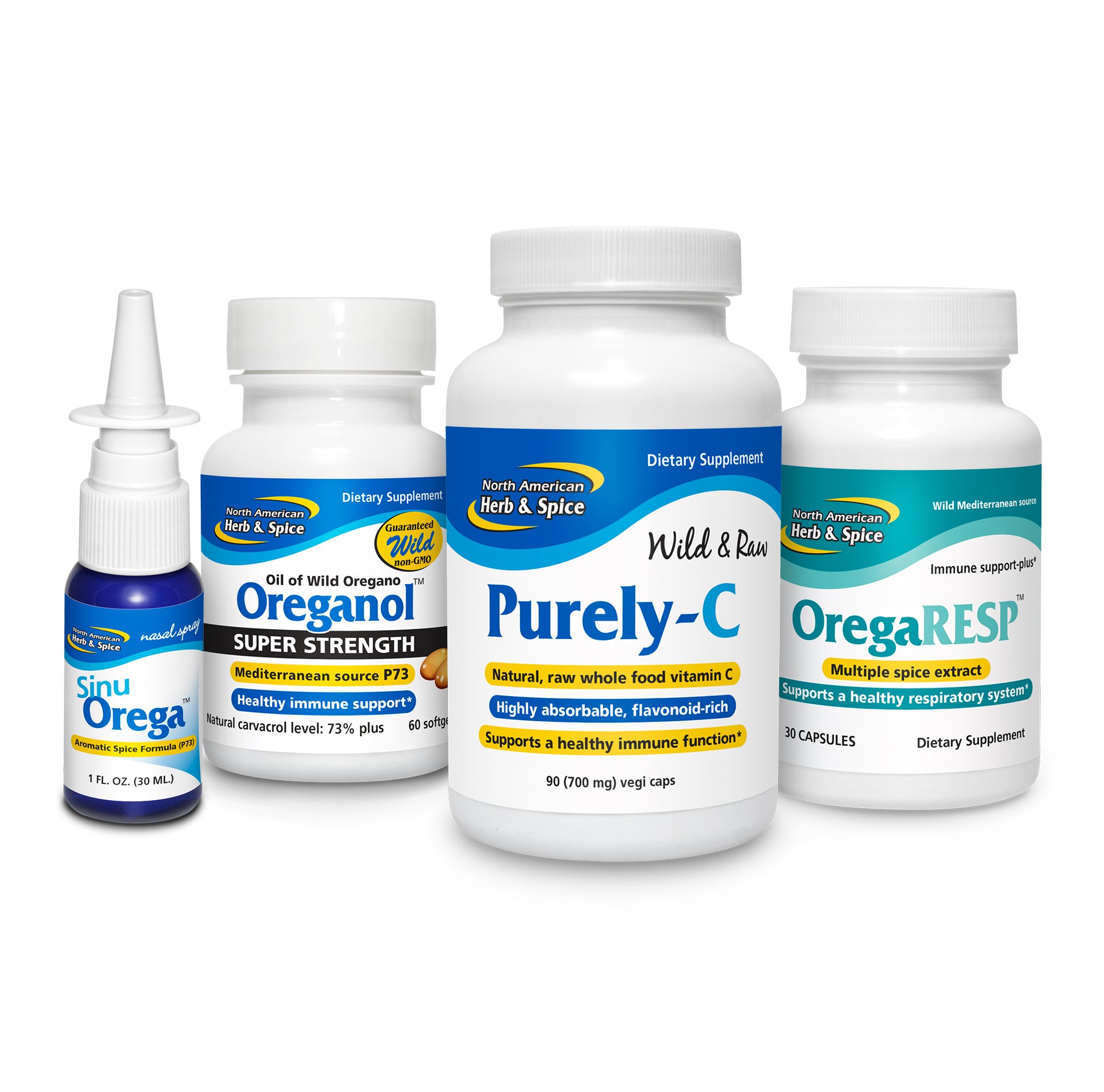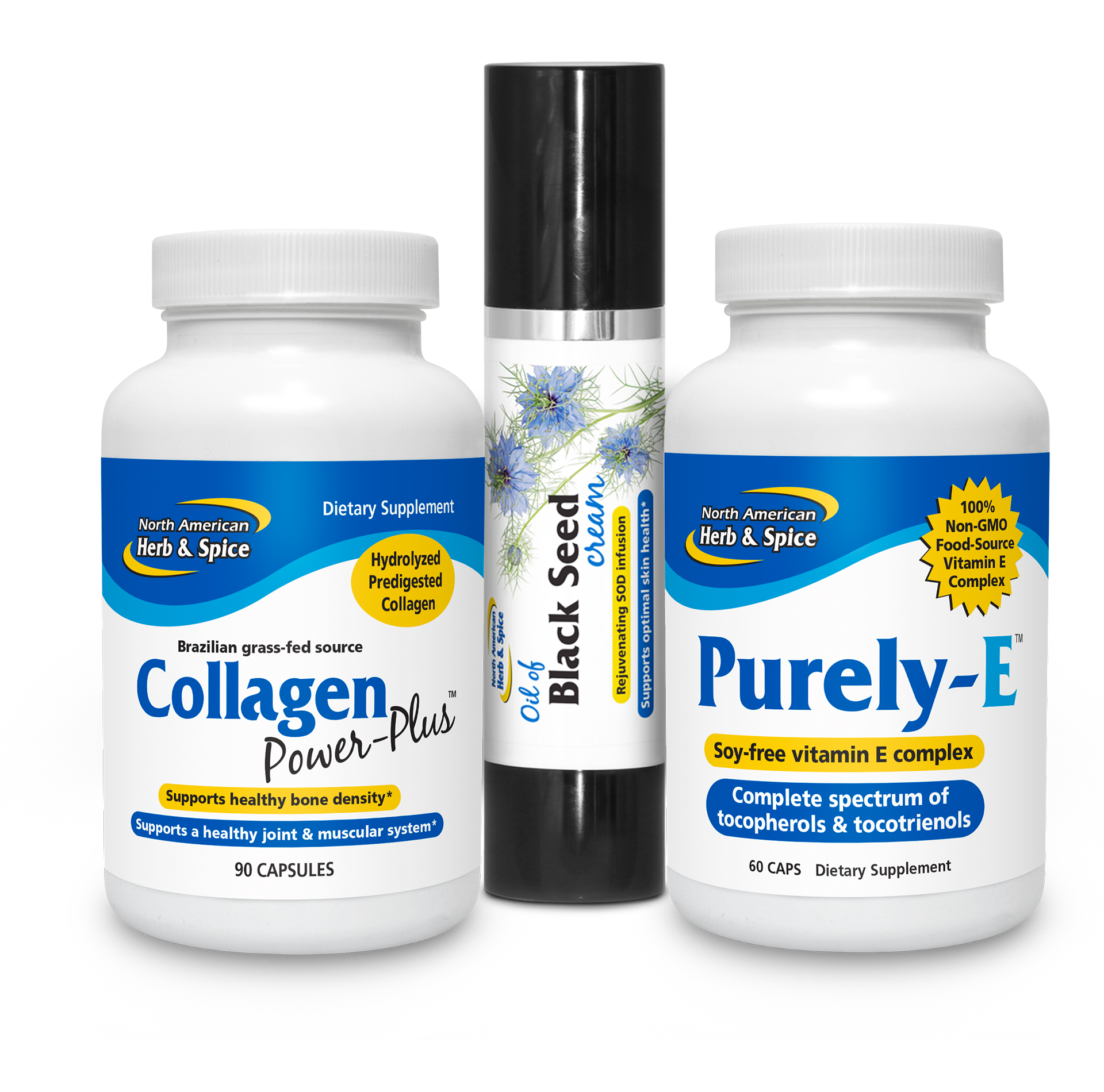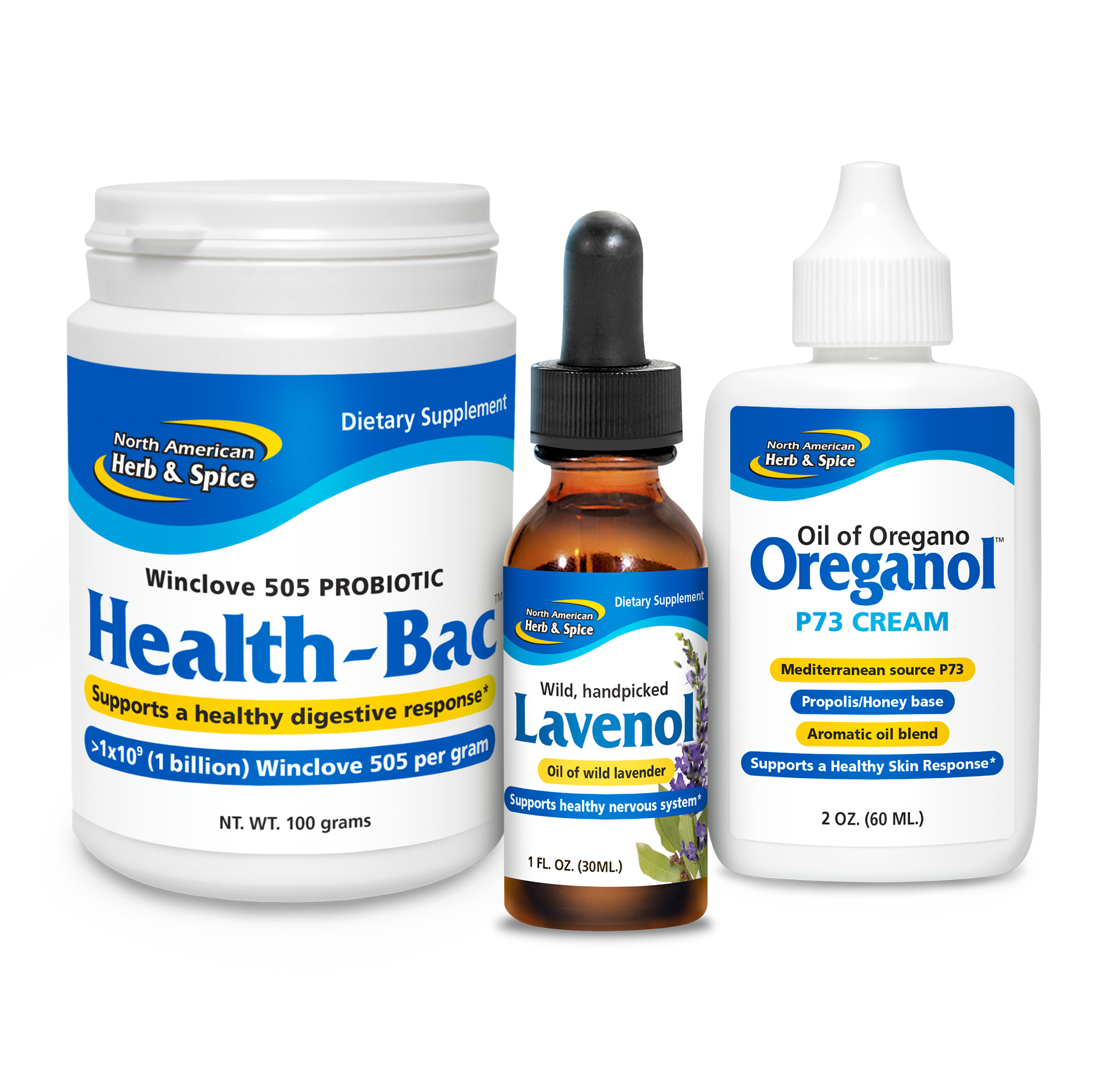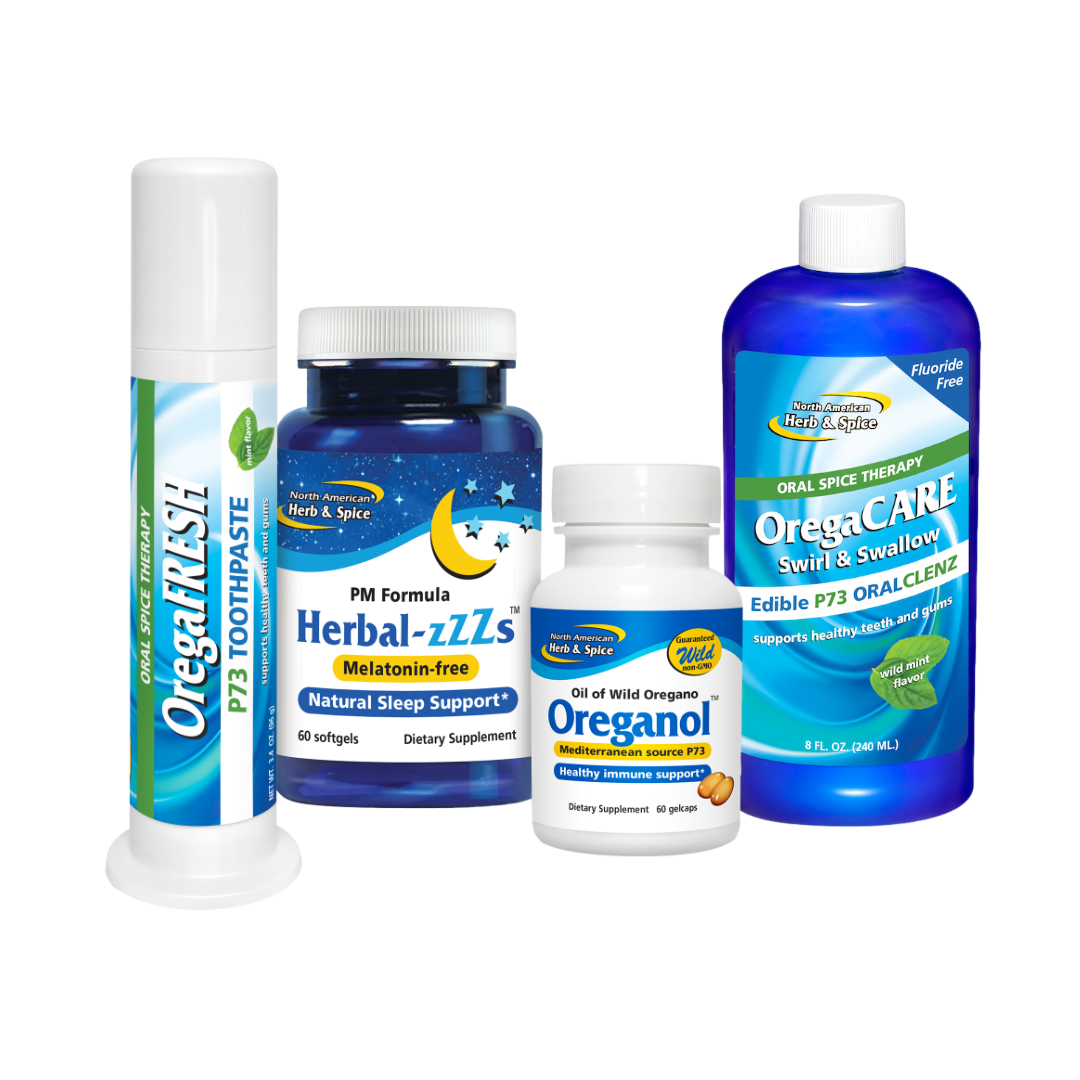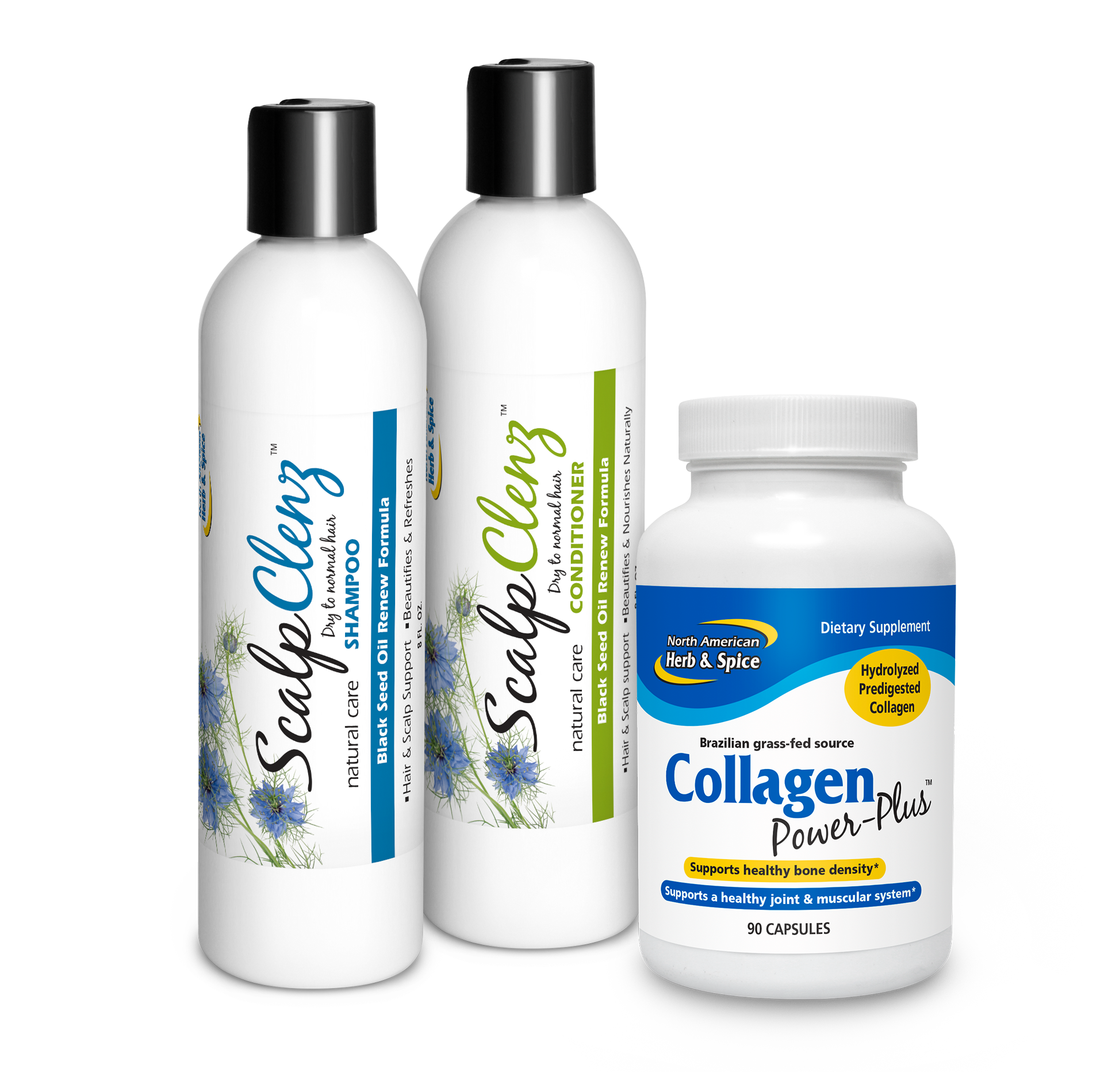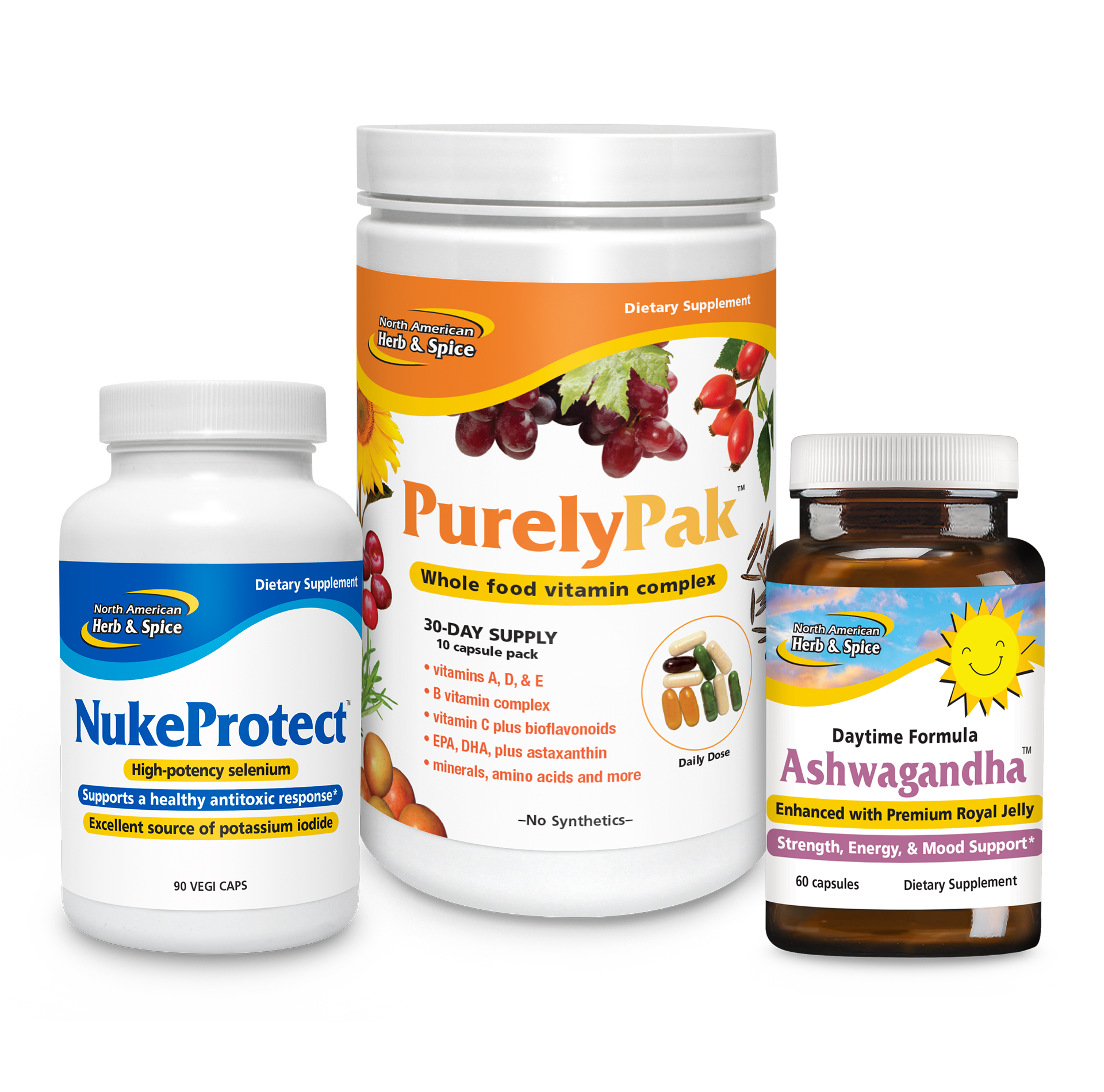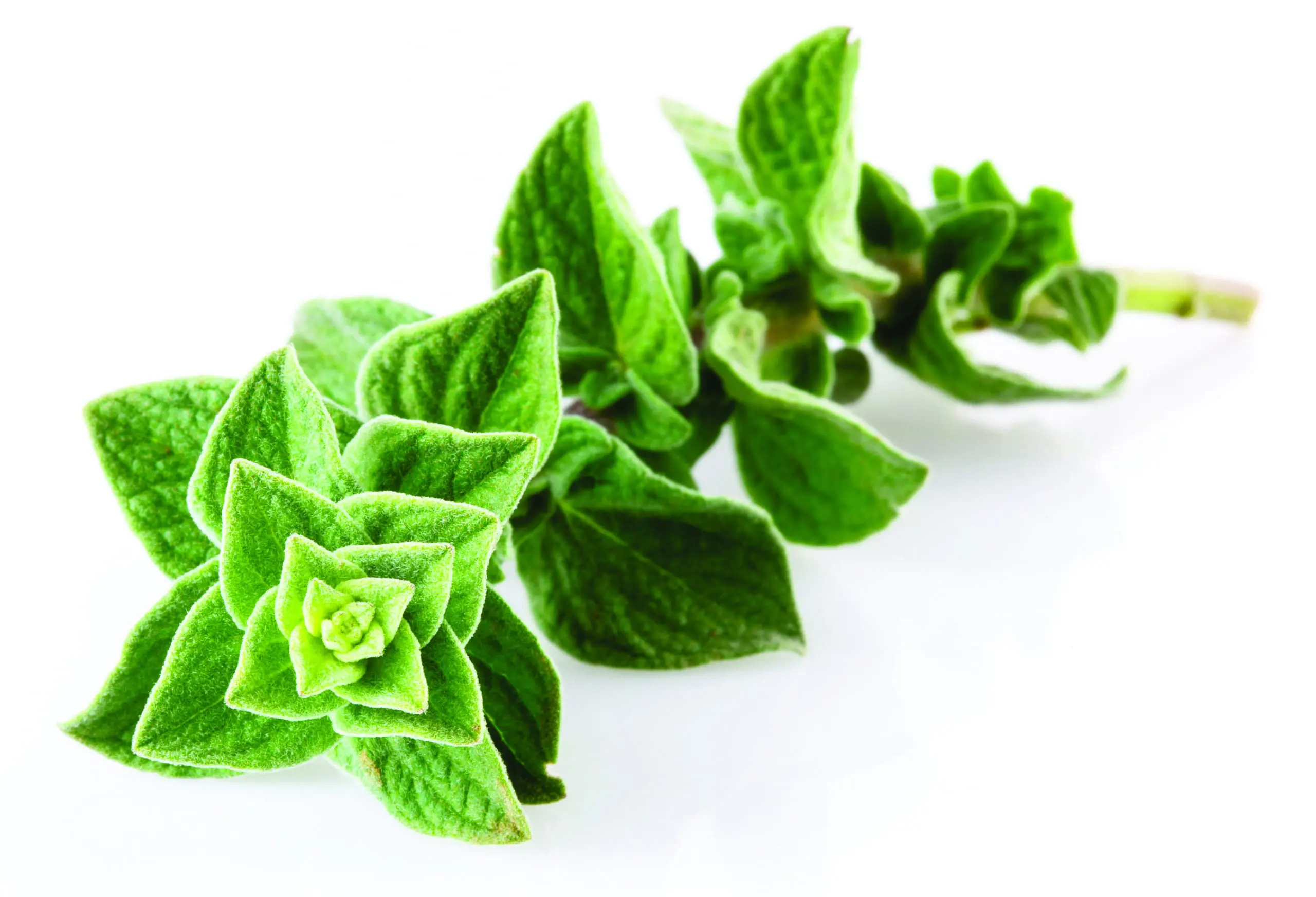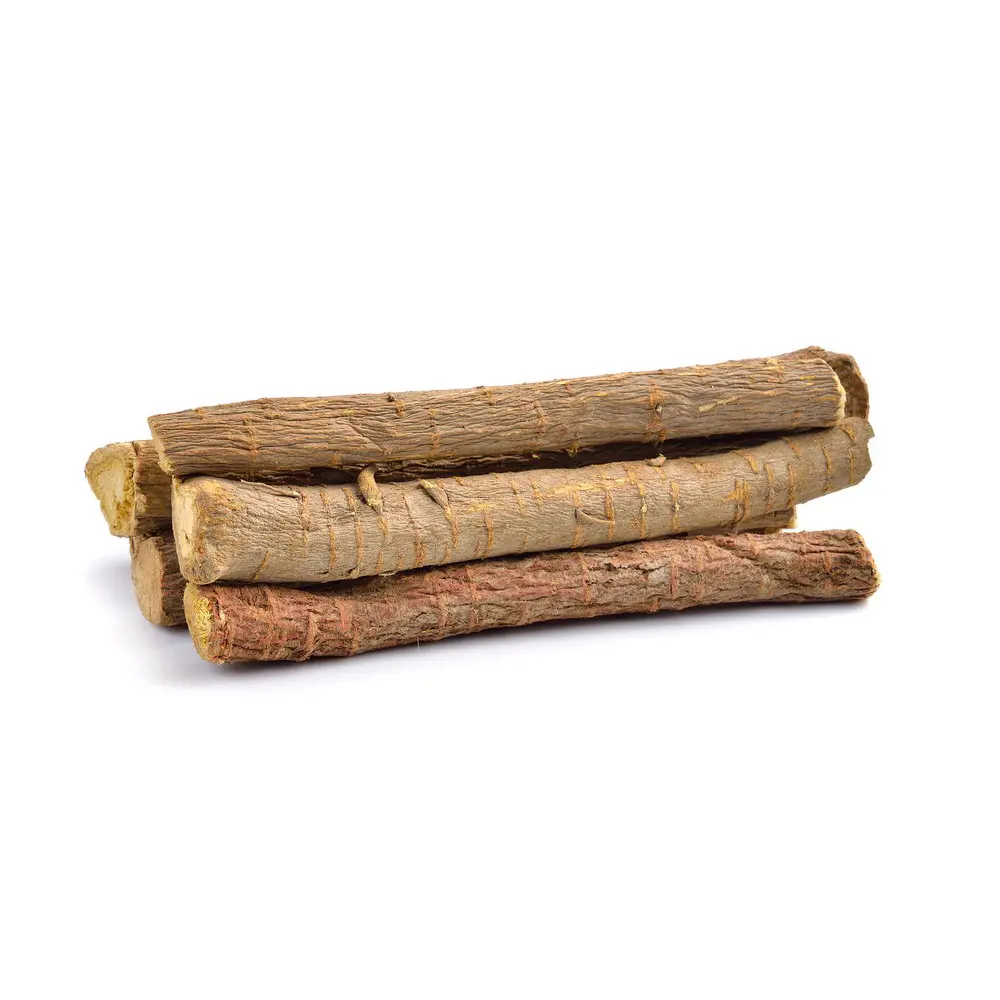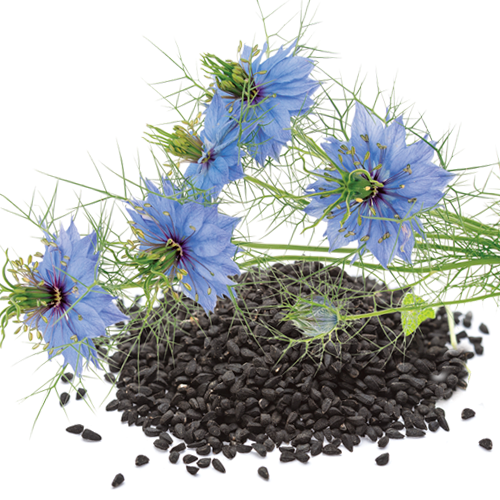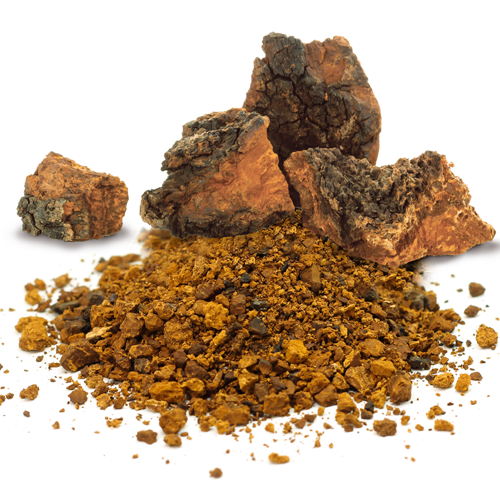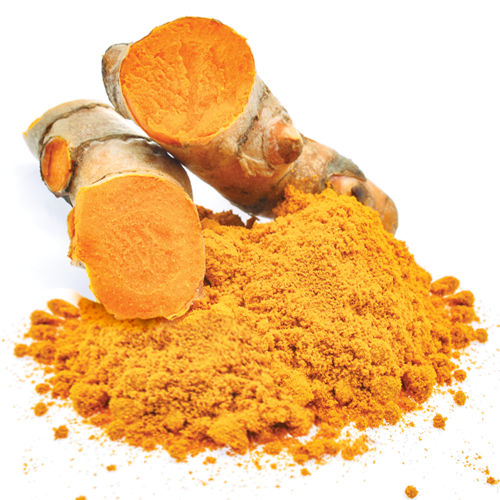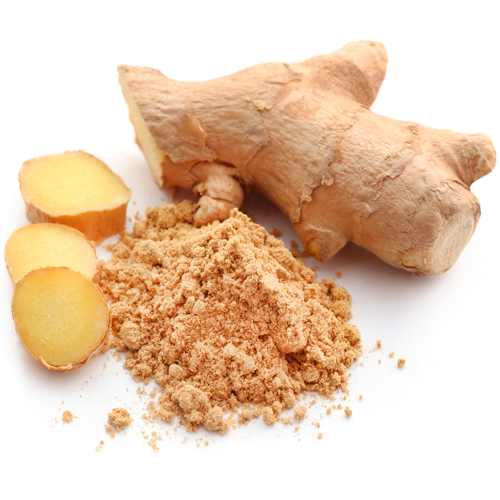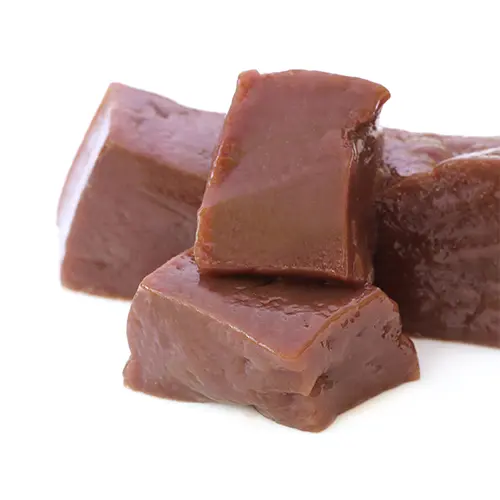Inflammation is the body’s natural response to injury or stress. But when inflammation becomes chronic, triggered by poor diet, stress, or environmental toxins, it can contribute to discomfort, stiffness, and long-term health concerns. Fortunately, nature offers time-tested tools to support a healthy inflammatory response. This article explores powerful botanicals like wild turmeric, wild oregano, wild rosemary, ginger, and Turkish black seed oil—plus a few simple lifestyle shifts—to help you move, breathe, and feel better every day.

🌿 Wild Turmeric: Ancient Support for Modern Inflammation
Used in Ayurvedic medicine for over 4,000 years, turmeric is prized for its golden color and broad health benefits. But not all turmeric is created equal. Wild turmeric (Curcuma aromatica), distinct from the common culinary type, is especially valued for its enhanced volatile oils, antioxidant levels, and aromatic compounds.
- The primary active compound, curcumin, has been widely studied for its role in modulating the body’s natural inflammatory response.
- According to a review in the journal Foods (2020), curcumin supports healthy cytokine levels and oxidative balance in the body, contributing to joint and tissue comfort.¹
*Wild turmeric is best consumed with a small amount of healthy fat to support absorption. Black pepper can help absorption but is best when used as a sprinkle over food. When concentrated black pepper is used in supplements, it can be damaging to the stomach lining, especially in GI sensitive individuals.

🌿 Wild Oregano: Internal & Topical Relief
Wild oregano has been used across Mediterranean cultures for immune, respiratory, and digestive support for millennia. Less known, but equally important, is its role in supporting a balanced inflammatory response—both internally and topically.
- The key compound, carvacrol, has demonstrated antioxidant and inflammation-regulating properties.²
- A study published in Molecules (2021) found that carvacrol helped maintain healthy levels of prostaglandins, lipid compounds that influence pain signals.³
Topical use: When diluted in a carrier oil like organic olive oil, wild oregano oil may provide temporary comfort to tired joints and muscles. Massage into the skin after physical activity for soothing relief.

🌿 Wild Rosemary: Circulation and Clarity
Traditionally burned in Roman temples and used in Greek medicine, wild rosemary (Rosmarinus officinalis) is both stimulating and restorative.
- Its compounds, rosmarinic acid and carnosol, have been shown to support antioxidant defenses and maintain a healthy inflammatory balance.
- A study in the Molecules (2022) found that rosemary extract reduced inflammatory markers in animal models.⁴
Topical use: Like oregano, rosemary oil can be diluted and applied to the skin to support local circulation and ease discomfort in joints or muscles after overuse.

🌿 Ginger: Warming Relief from Within
A staple in both Traditional Chinese Medicine and Ayurveda, ginger (Zingiber officinale) is renowned for its digestive and warming properties. But its roots also run deep in inflammatory support.
- Ginger contains gingerols and shogaols, compounds that help support joint comfort and muscle recovery.
- A study published in The Journal of Medical Plants Research (2011) found that ginger extract helped support joint flexibility and comfort in individuals with knee stiffness.⁵
Ginger may be taken as a tea, supplement, or incorporated into meals for daily support.

🌿 Black Seed Oil: The “Secret of the Pharaohs”
Black seed oil (Nigella sativa) has been used since ancient Egyptian times. It was even found in King Tut’s tomb! In modern times, researchers have identified thymoquinone, one of its primary active compounds, as a powerful antioxidant and inflammation-supporting agent.
- A review in Drugs & Drug Candidates (2023) highlighted black seed’s ability to help maintain normal inflammatory markers and promote cellular resilience.⁶
Cold-pressed Turkish black seed oil is especially prized for its robust concentration, original genetics, and purity. Take it daily for comprehensive support, particularly during times of stress, physical strain, digestion, or immune system challenges. Black Seed is also a fantastic tool to support healthy weight outcomes, especially with motivated individuals prioritizing healthy lifestyle shifts.
🌿 Anti-Inflammatory Lifestyle Tips
While herbs and botanicals can be deeply supportive, they work best alongside a lifestyle that honors the body’s natural healing rhythms. Here are a few anti-inflammatory practices to integrate into your routine:
1. Prioritize Organic Whole Foods
Limit processed foods, excess sugar, and refined oils. Focus on fresh vegetables, healthy fats, wild-caught fish, and organic proteins.
2. Move Daily
Gentle movement like walking, yoga, or swimming can help flush the lymphatic system and reduce stiffness.
3. Stay Hydrated
Water helps transport nutrients and flush out cellular waste. Add lemon or cucumber for extra benefit. A good rule of thumb is to drink at least half of your body weight in ounces daily.
4. Sleep Deeply
Aim for 7–9 hours per night. Magnesium, calming teas, and screen curfews can support restful sleep.
5. Manage Stress
Chronic stress elevates cortisol, which can contribute to inflammation. Practicing deep, intentional breathing, nature walks, and prayer can calm the nervous system.
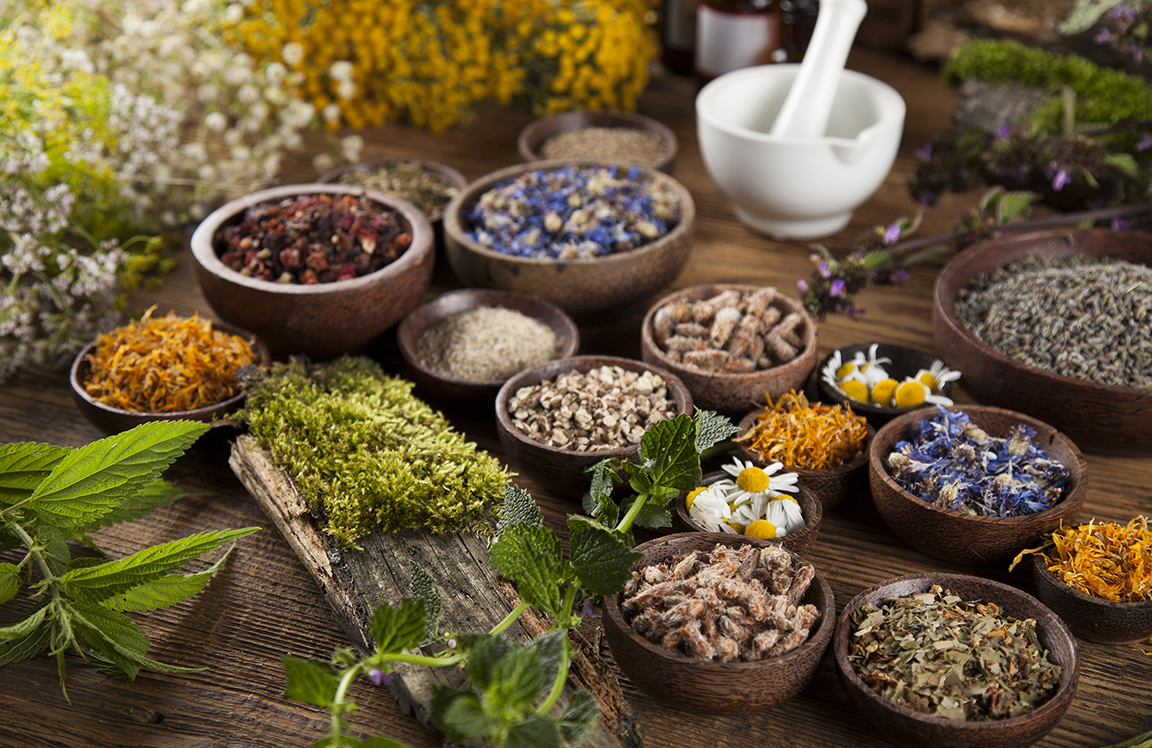
🌱 Nature’s Wisdom, Backed by Tradition and Science
From the mountains of the Mediterranean to ancient Indian and Egyptian traditions, plants like wild oregano, turmeric, rosemary, ginger, and black seed oil have long been trusted to support the body’s natural healing processes.
Whether used as supplements, in cooking, or as topical remedies, these botanicals offer powerful tools to maintain joint comfort, muscle resilience, and a calm internal environment.
By pairing them with thoughtful lifestyle choices, you can give your body the balance and care it needs to move freely and feel great, all year long!
Sources:
- Hewlings, S. J., & Kalman, D. S. (2017). Curcumin: A review of its effects on human health. Foods.
- Özkan, G., et al. (2010). Antioxidant activity of oregano essential oil. Food Chemistry.
- Cicalău, G. I. P., Babes, P. A., Calniceanu, H., Popa, A., Ciavoi, G., Iova, G. M., Ganea, M., & Scrobotă, I. (2021). Anti-Inflammatory and Antioxidant Properties of Carvacrol and Magnolol, in Periodontal Disease and Diabetes Mellitus. Molecules, 26(22), 6899. https://doi.org/10.3390/molecules26226899
- Gonçalves C, Fernandes D, Silva I, Mateus V. Potential Anti-Inflammatory Effect of Rosmarinus officinalis in Preclinical In Vivo Models of Inflammation. Molecules. 2022 Jan 18;27(3):609. doi: 10.3390/molecules27030609. PMID: 35163873; PMCID: PMC8840442.
- Zakeri, Zahra & Izadi, Shahrokh & Bari, Zohreh & Soltani, Farhang & Narouie, Behzad & Ghasemi-rad, Mohammad. (2011). Evaluating the effects of ginger extract on knee pain, stiffness and difficulty in patients with knee osteoarthritis. Journal of Medicinal Plants Research.
- Rashwan, H. K., Mahgoub, S., Abuelezz, N. Z., & Amin, H. K. (2023). Black Cumin Seed (Nigella sativa) in Inflammatory Disorders: Therapeutic Potential and Promising Molecular Mechanisms. Drugs and Drug Candidates, 2(2), 516-537. https://doi.org/10.3390/ddc2020027

